The Supreme Court pronounced said that a transfer of Rs 338 crore was tentatively established in the matter.
The Supreme Court Monday rejected former deputy chief minister of Delhi, Manish Sisodia's regular bail pleas in corruption and money-laundering cases related to Delhi excise policy case. The top court said that a transfer of Rs 338 crore was tentatively established in the matter.
"In the analysis, there are certain aspects which we have said are doubtful. But one aspect with regard to the transfer of money Rs 338 crore tentatively is established. We have therefore dismissed the applications for bail," a bench of Justice Sanjiv Khanna and Justice SVN Bhatti said.
The bench said it had recorded the statements of the probe agencies that the trial in these cases will conclude in six to eight months. But if the trial proceeds in a 'sloppy manner', the AAP leader will be at liberty to apply for bail in these cases in three months, the bench said.
The bench said that the verdict referred to the arguments and some of the legal questions which arose but were not answered. The apex court pronounced its verdict on Sisodia's two separate regular bail pleas filed in corruption and money-laundering cases related to the now-scrapped Delhi excise policy. It had on October 17 reserved its verdict on both the pleas.
On February 26 this year, the Central Bureau of Investigation (CBI) arrested Sisodia for his alleged role in the 'scam'. The AAP leader has been in custody since then. The ED arrested Sisodia in a money-laundering case stemming from the CBI FIR on March 9 after questioning him in Tihar jail. Sisodia resigned from the Delhi cabinet on February 28.
READ | Kerala serial blast: Learnt bomb-making from internet, spent only Rs 3000, claims prime suspect
The high court denied him bail in the CBI case on May 30, saying having been the deputy chief minister and excise minister, he is a 'high-profile' person who has the potential to influence the witnesses.
On July 3, the high court declined his bail in the money-laundering case linked to alleged irregularities in the city government's excise policy, holding that the charges against him are "very serious in nature".
The Delhi government had implemented the policy on November 17, 2021, but scrapped it at the end of September 2022 amid allegations of corruption. According to the investigating agencies, the profit margins of wholesalers were increased from 5 per cent to 12 per cent under the new policy.
The agencies have alleged that the new policy resulted in cartelisation and those ineligible for liquor licences were favoured for monetary benefits. However, the Delhi government and Sisodia have denied any wrongdoing and said the new policy would have led to an increase in Delhi's revenue share.
(With inputs from PTI)
![submenu-img]() Israel launches strikes on Yemeni Houthi targets after killing dozens of Hezbollah members in Lebanon
Israel launches strikes on Yemeni Houthi targets after killing dozens of Hezbollah members in Lebanon![submenu-img]() Haryana Elections 2024: BJP expels 8 rebels, including Sandeep Garg, for contesting as Independents
Haryana Elections 2024: BJP expels 8 rebels, including Sandeep Garg, for contesting as Independents![submenu-img]() IPL 2025: How much salary will MS Dhoni earn if CSK retain him as uncapped player?
IPL 2025: How much salary will MS Dhoni earn if CSK retain him as uncapped player?![submenu-img]() UPI QR code is down, this is how SBI is fixing the problem
UPI QR code is down, this is how SBI is fixing the problem![submenu-img]() Shocking! Viral influencer who married herself dies by suicide at 26
Shocking! Viral influencer who married herself dies by suicide at 26![submenu-img]() Nepal में बाढ़ और लैंडस्लाइड से मची तबाही, 170 लोगों की मौत, कई लापता, यूपी-बिहार के इन जिलों पर बड़ा खतरा
Nepal में बाढ़ और लैंडस्लाइड से मची तबाही, 170 लोगों की मौत, कई लापता, यूपी-बिहार के इन जिलों पर बड़ा खतरा![submenu-img]() BJP मेंबर्स बनाने का ऐसा जोश, नेटवर्क नहीं मिला तो पेड़ पर चढ़े कार्यकर्ता
BJP मेंबर्स बनाने का ऐसा जोश, नेटवर्क नहीं मिला तो पेड़ पर चढ़े कार्यकर्ता ![submenu-img]() Austria Election: 'राष्ट्रवादी' फ्रीडम पार्टी की जीत, दूसरे विश्व युद्ध के बाद पहली बार बन रही इस दल की सरकार
Austria Election: 'राष्ट्रवादी' फ्रीडम पार्टी की जीत, दूसरे विश्व युद्ध के बाद पहली बार बन रही इस दल की सरकार![submenu-img]() J-K Elections: जम्मू की सीटों पर BJP और Congress-NC में किसका पलड़ा भारी, जानें यहां के सियासी समीकरण
J-K Elections: जम्मू की सीटों पर BJP और Congress-NC में किसका पलड़ा भारी, जानें यहां के सियासी समीकरण![submenu-img]() 'मेरे देश के लोग फिलिस्तीन को नहीं जानते', मोहम्मद बिन सलमान के बयान ने खड़े किए सवाल
'मेरे देश के लोग फिलिस्तीन को नहीं जानते', मोहम्मद बिन सलमान के बयान ने खड़े किए सवाल![submenu-img]() Mahindra Thar Roxx 4x4 prices revealed, starts at Rs…
Mahindra Thar Roxx 4x4 prices revealed, starts at Rs…![submenu-img]() Sebi gives nod to Hyundai India's Rs 20,000 crore IPO, listing month is...
Sebi gives nod to Hyundai India's Rs 20,000 crore IPO, listing month is...![submenu-img]() Tata launches Nexon iCNG, check price, mileage, other features
Tata launches Nexon iCNG, check price, mileage, other features![submenu-img]() This Indian car brand set to acquire 50% stake in Skoda Auto Volkswagen India, deal will cost Rs…
This Indian car brand set to acquire 50% stake in Skoda Auto Volkswagen India, deal will cost Rs…![submenu-img]() Ford to return to India after 2 years with reopening of....
Ford to return to India after 2 years with reopening of....![submenu-img]() This man was behind IT giant valued at over Rs 13.78 lakh crore, born in Peshawar, also known as father of...
This man was behind IT giant valued at over Rs 13.78 lakh crore, born in Peshawar, also known as father of...![submenu-img]() Meet woman, who scored highest marks in UPSC interview history, not Tina Dabi, Smita Sabharwal, she is...
Meet woman, who scored highest marks in UPSC interview history, not Tina Dabi, Smita Sabharwal, she is...![submenu-img]() Meet India's youngest woman to crack UPSC exam at age 21, secured AIR 13, but didn't become IAS due to...
Meet India's youngest woman to crack UPSC exam at age 21, secured AIR 13, but didn't become IAS due to...![submenu-img]() Meet India’s first female IAS officer, also second woman to crack UPSC exam, she was posted at...
Meet India’s first female IAS officer, also second woman to crack UPSC exam, she was posted at...![submenu-img]() Meet man, bangle seller who cracked UPSC exam despite being specially abled, becomes IAS officer with AIR...
Meet man, bangle seller who cracked UPSC exam despite being specially abled, becomes IAS officer with AIR...![submenu-img]() After Hassan Nasrallah's Death, This Cleric Is Now Tipped To Be Hezbollah Leader | Israel | Lebanon
After Hassan Nasrallah's Death, This Cleric Is Now Tipped To Be Hezbollah Leader | Israel | Lebanon![submenu-img]() Hashem Safieddine, Cousin Of Hassan Nasrallah To Become Hezbollah's New Chief | Israel-Lebanon War
Hashem Safieddine, Cousin Of Hassan Nasrallah To Become Hezbollah's New Chief | Israel-Lebanon War![submenu-img]() Israel Hezbollah War: Nasrallah's Death, A Turning Point for Hezbollah's Future? Experts Explain
Israel Hezbollah War: Nasrallah's Death, A Turning Point for Hezbollah's Future? Experts Explain![submenu-img]() Israel Hezbollah War: Hassan Nasrallah's Death Leads To Protests In J&K, Ex-CM Mehbooba Mufti Reacts
Israel Hezbollah War: Hassan Nasrallah's Death Leads To Protests In J&K, Ex-CM Mehbooba Mufti Reacts![submenu-img]() Israel Hezbollah War: Nasrallah's Death Leads To Protest By Women & Children In Jammu And Kashmir
Israel Hezbollah War: Nasrallah's Death Leads To Protest By Women & Children In Jammu And Kashmir![submenu-img]() Big relief for GST taxpayers: Clear old dues without extra costs; here’s how
Big relief for GST taxpayers: Clear old dues without extra costs; here’s how![submenu-img]() Learn to play the Reliance way, Mukesh Ambani ready to disrupt the toy market
Learn to play the Reliance way, Mukesh Ambani ready to disrupt the toy market![submenu-img]() Ratan Tata's BIG move as Tata Sons set to buy 13% in...
Ratan Tata's BIG move as Tata Sons set to buy 13% in...![submenu-img]() Meet Anuradha who has come out of husband Anand Mahindra's shadow, this is what she does
Meet Anuradha who has come out of husband Anand Mahindra's shadow, this is what she does ![submenu-img]() Mukesh Ambani's BIG gift to shareholders, Reliance earns Rs 53652 crore in just 5 days
Mukesh Ambani's BIG gift to shareholders, Reliance earns Rs 53652 crore in just 5 days![submenu-img]() Haryana Elections 2024: BJP expels 8 rebels, including Sandeep Garg, for contesting as Independents
Haryana Elections 2024: BJP expels 8 rebels, including Sandeep Garg, for contesting as Independents![submenu-img]() Tamil Nadu cabinet rejig: MK Stalin's son Udhayanidhi Stalin is Deputy CM, Senthil Balaji back as minister
Tamil Nadu cabinet rejig: MK Stalin's son Udhayanidhi Stalin is Deputy CM, Senthil Balaji back as minister![submenu-img]() Chandrayaan-3 might have landed in moon's crater, 'ejecta' will reveal secrets
Chandrayaan-3 might have landed in moon's crater, 'ejecta' will reveal secrets![submenu-img]() J-K Elections 2024: Congress chief Mallikarjun Kharge’s health deteriorates during poll rally in Kathua - watch
J-K Elections 2024: Congress chief Mallikarjun Kharge’s health deteriorates during poll rally in Kathua - watch![submenu-img]() Hapur Horror: 5-year-old boy gang raped, assault captured on video, circulated online
Hapur Horror: 5-year-old boy gang raped, assault captured on video, circulated online
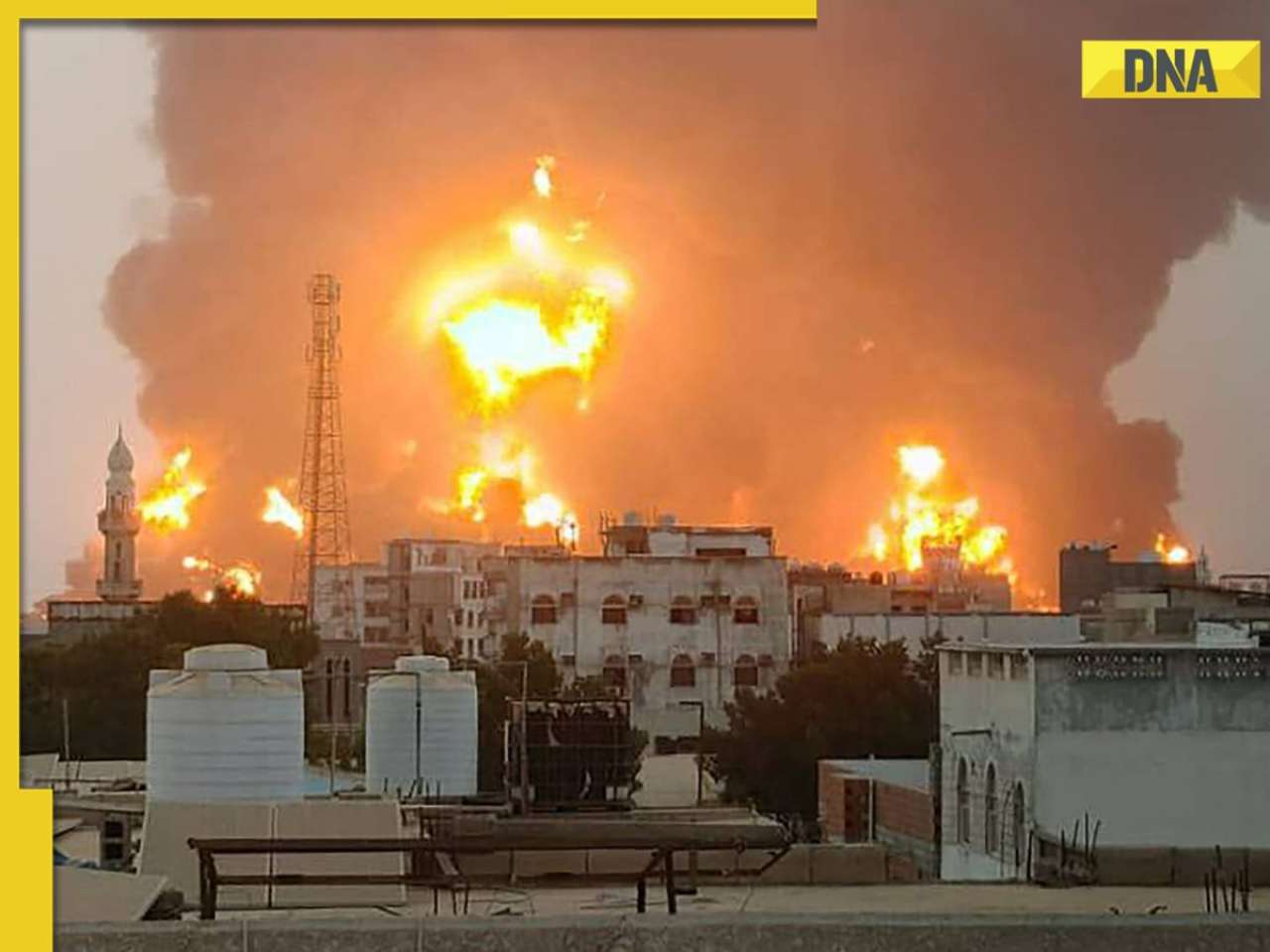
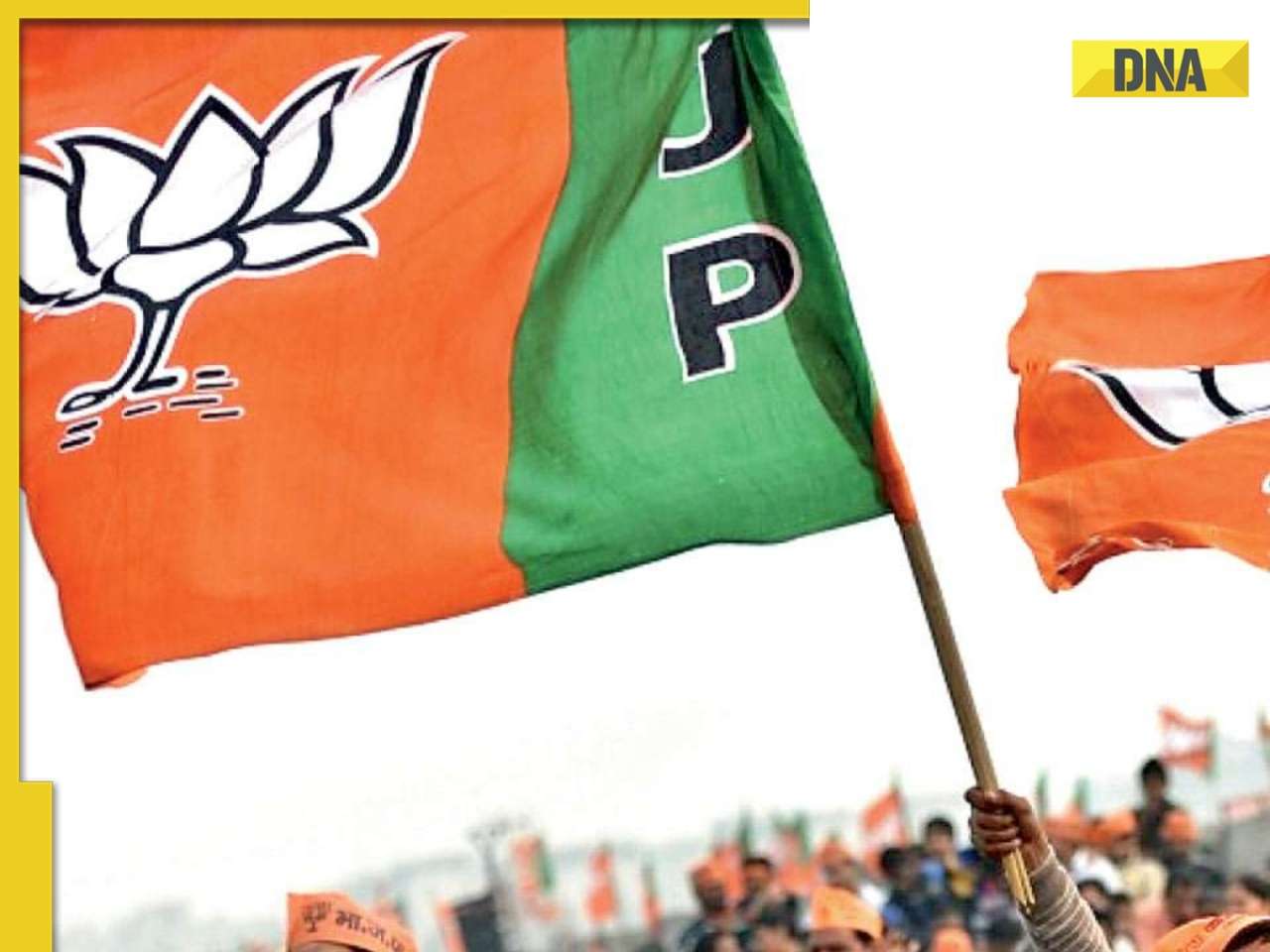
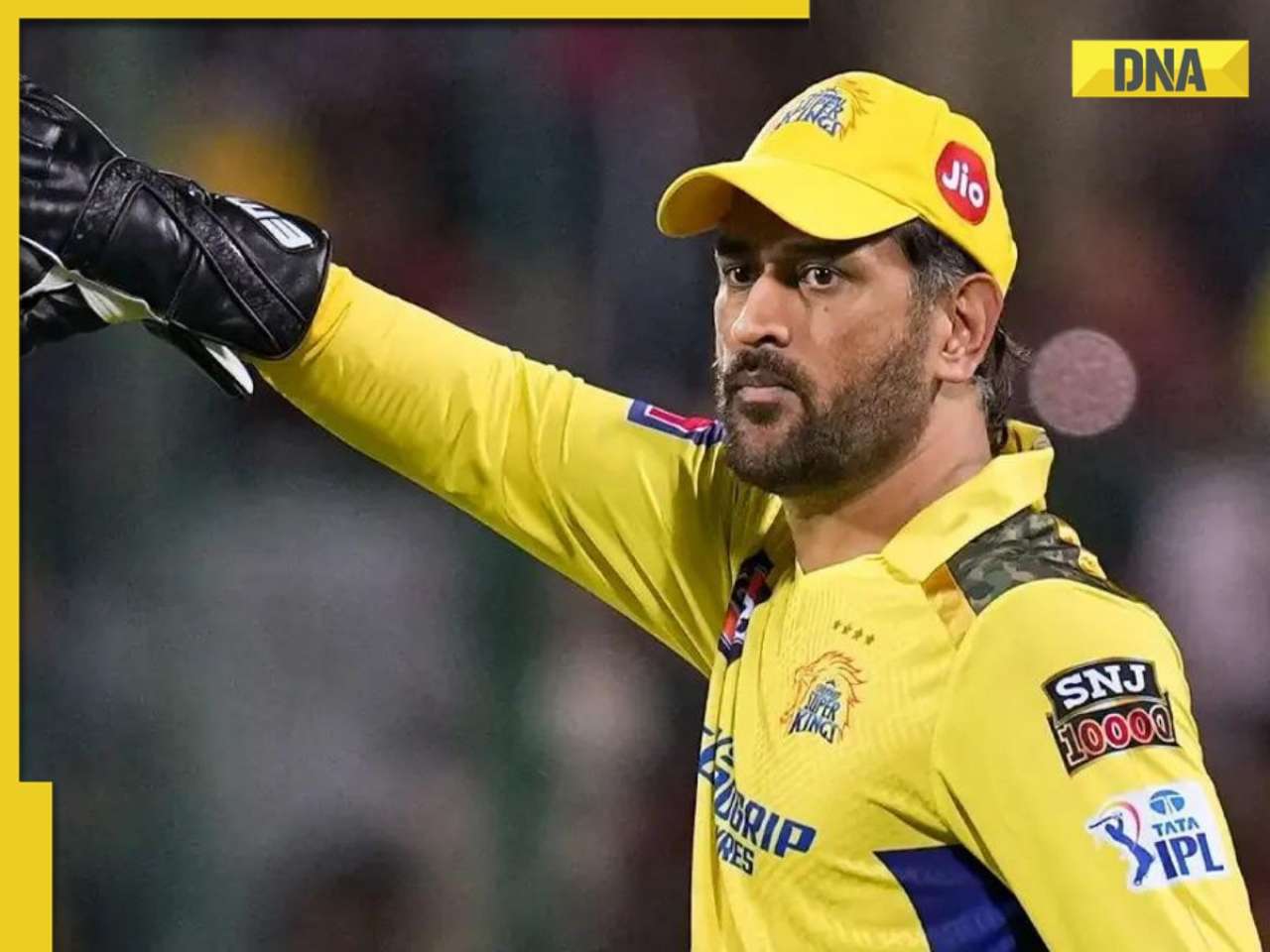
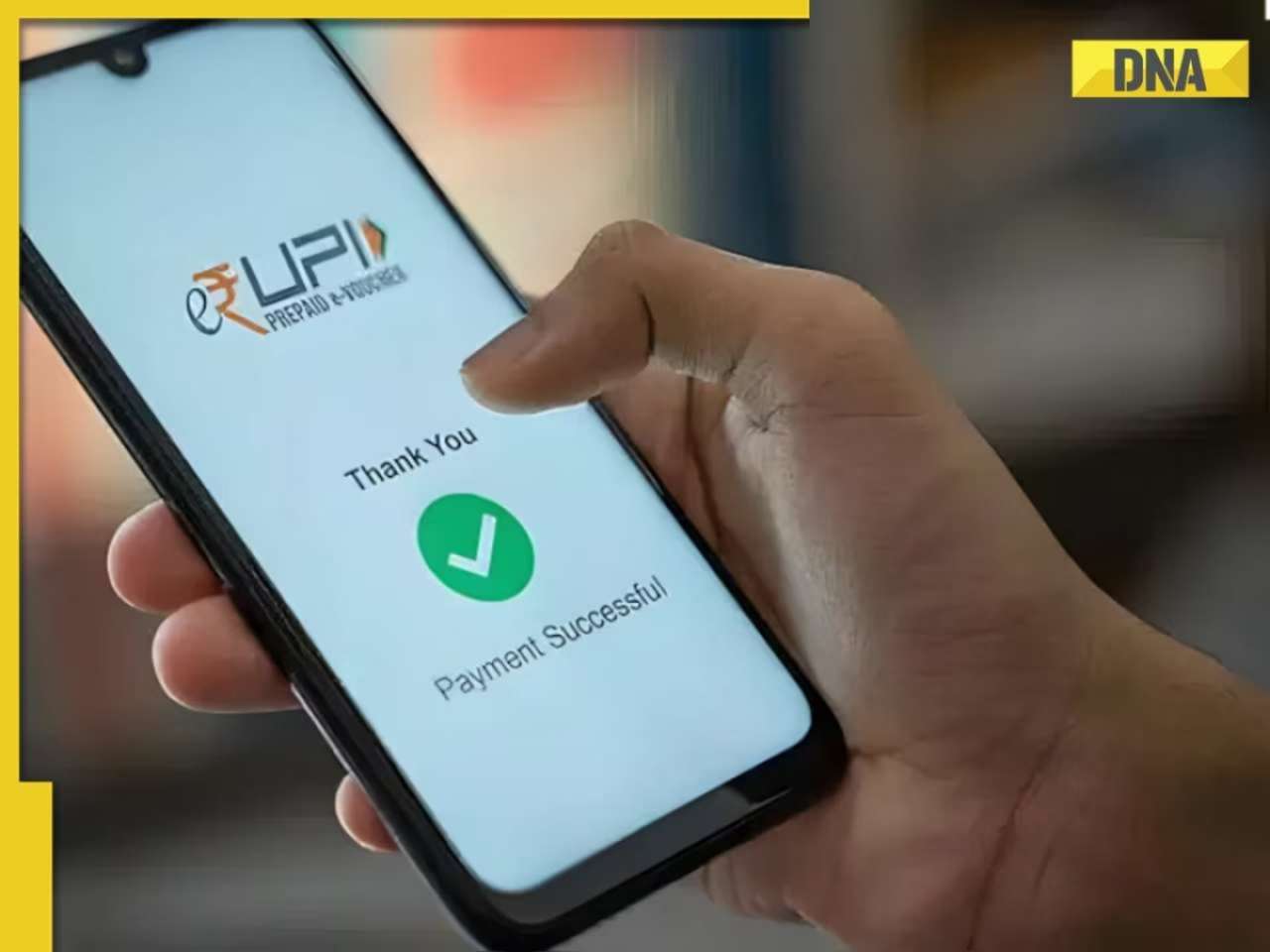






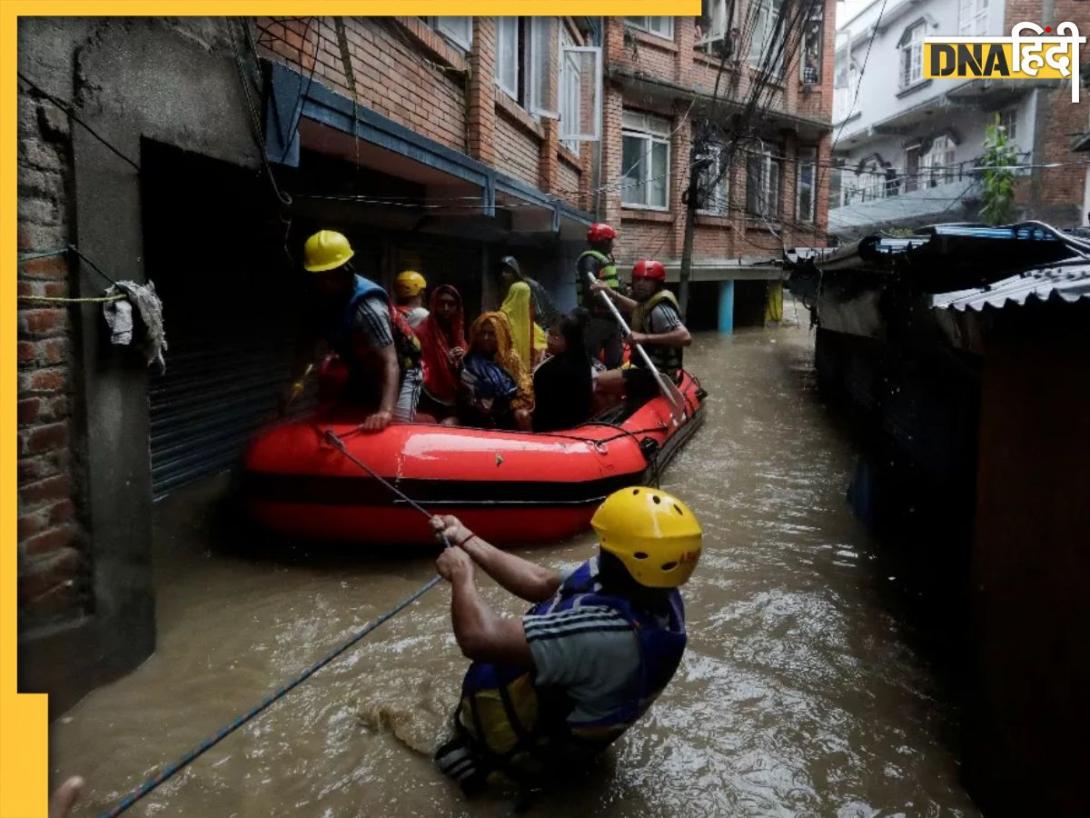
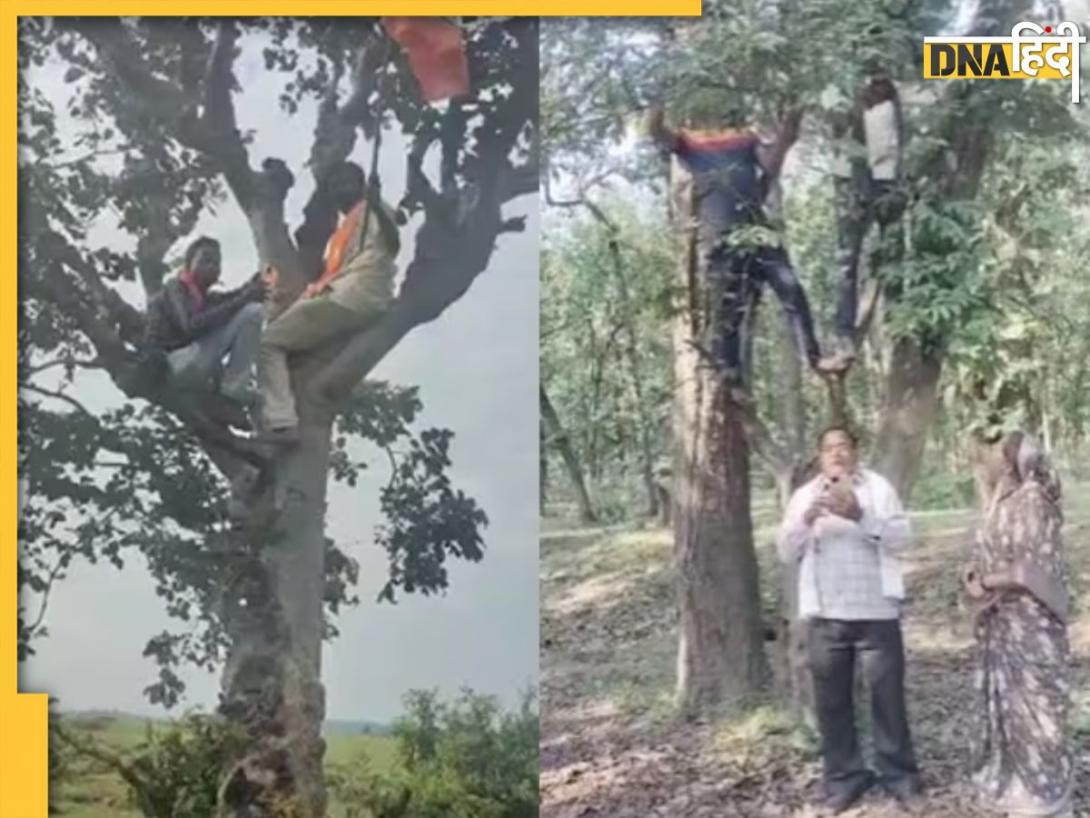
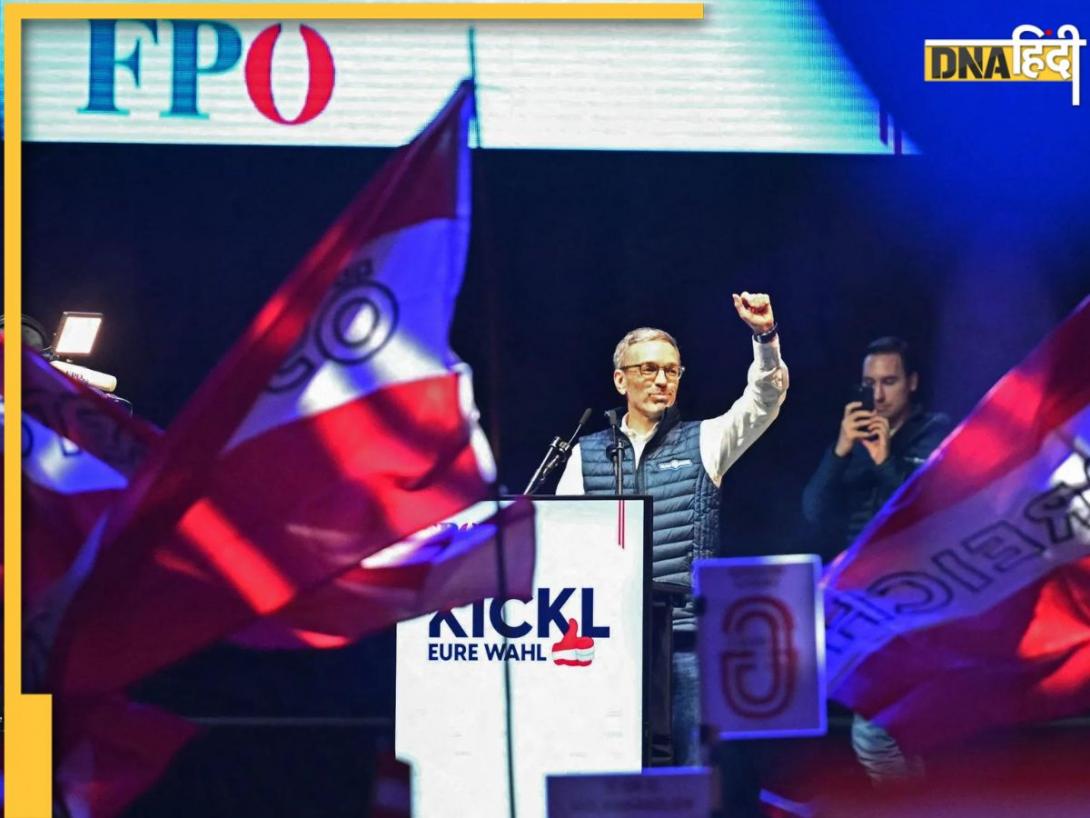
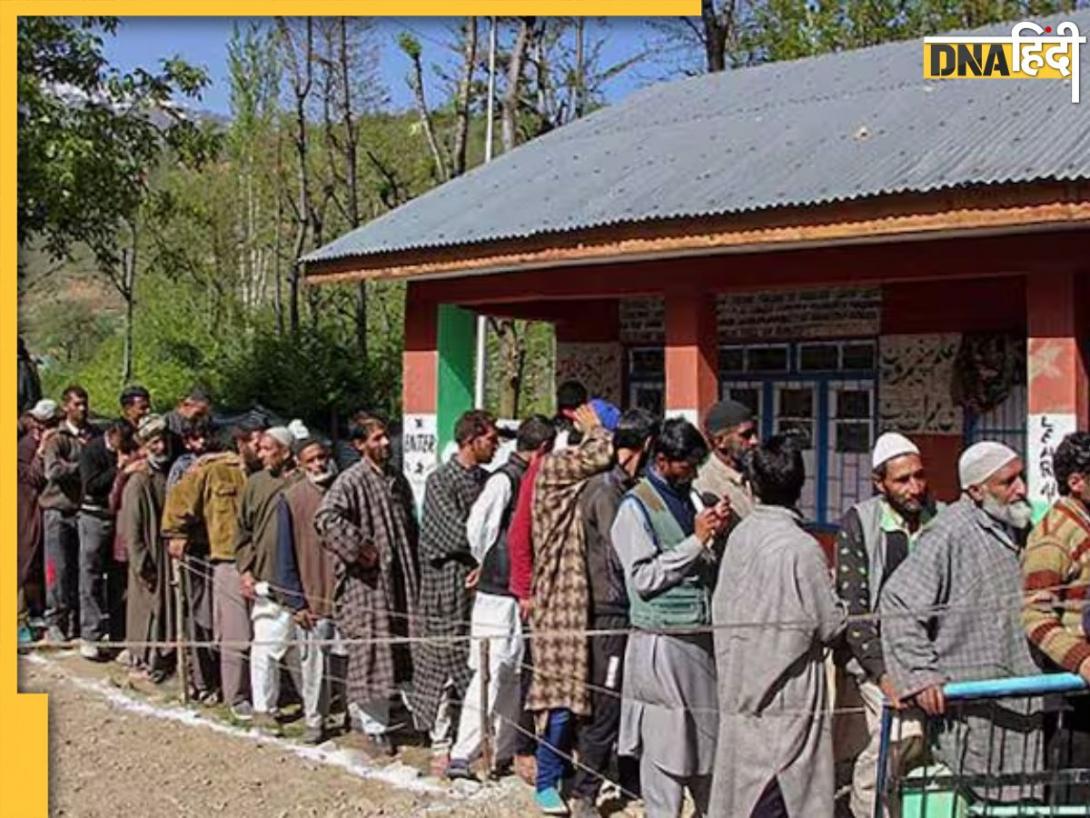
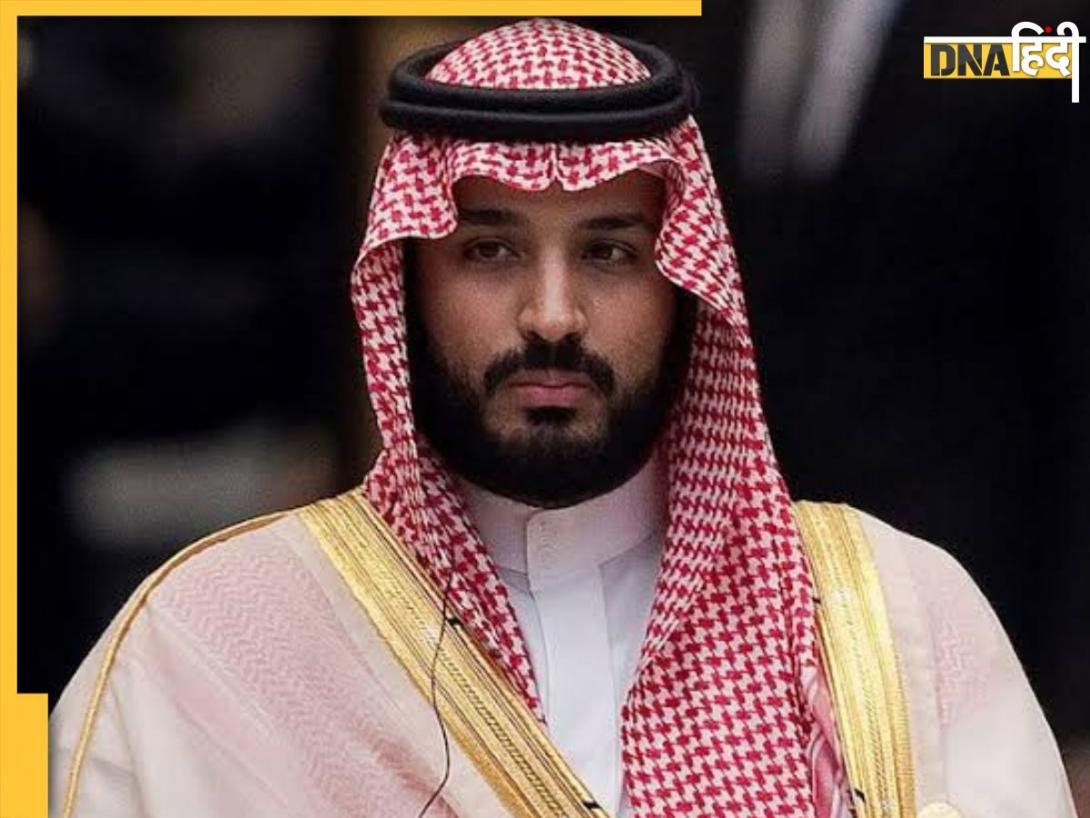





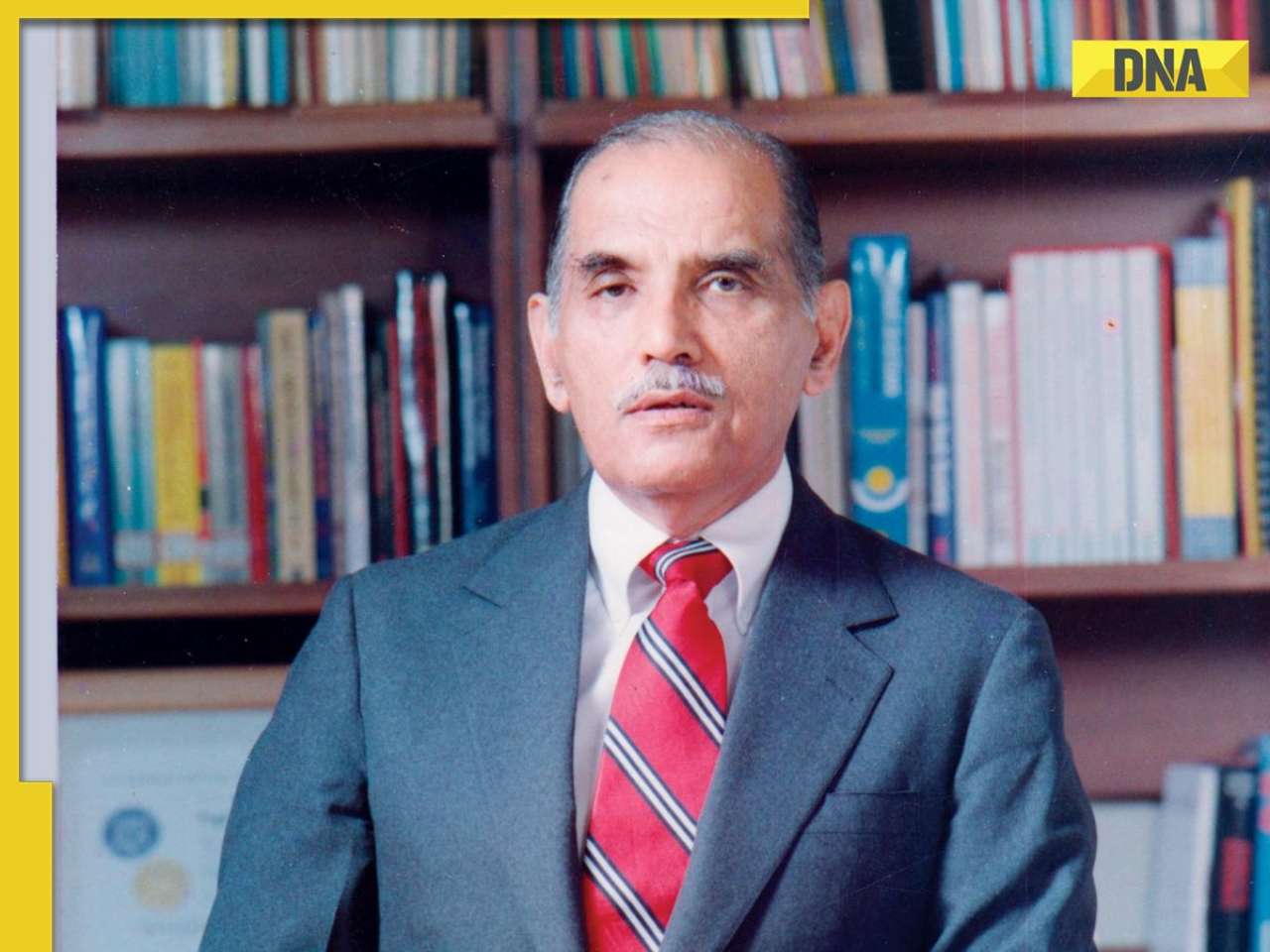
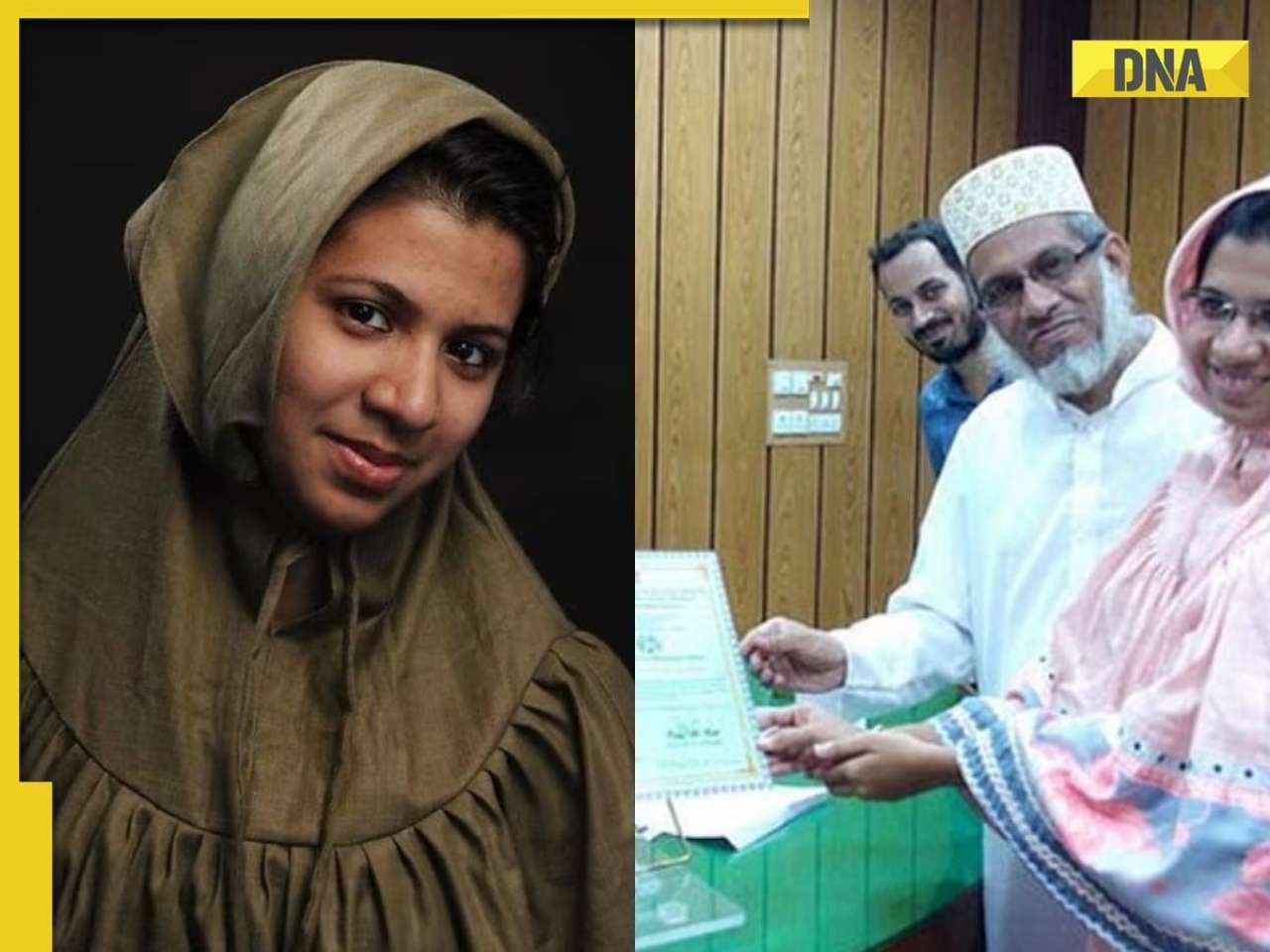
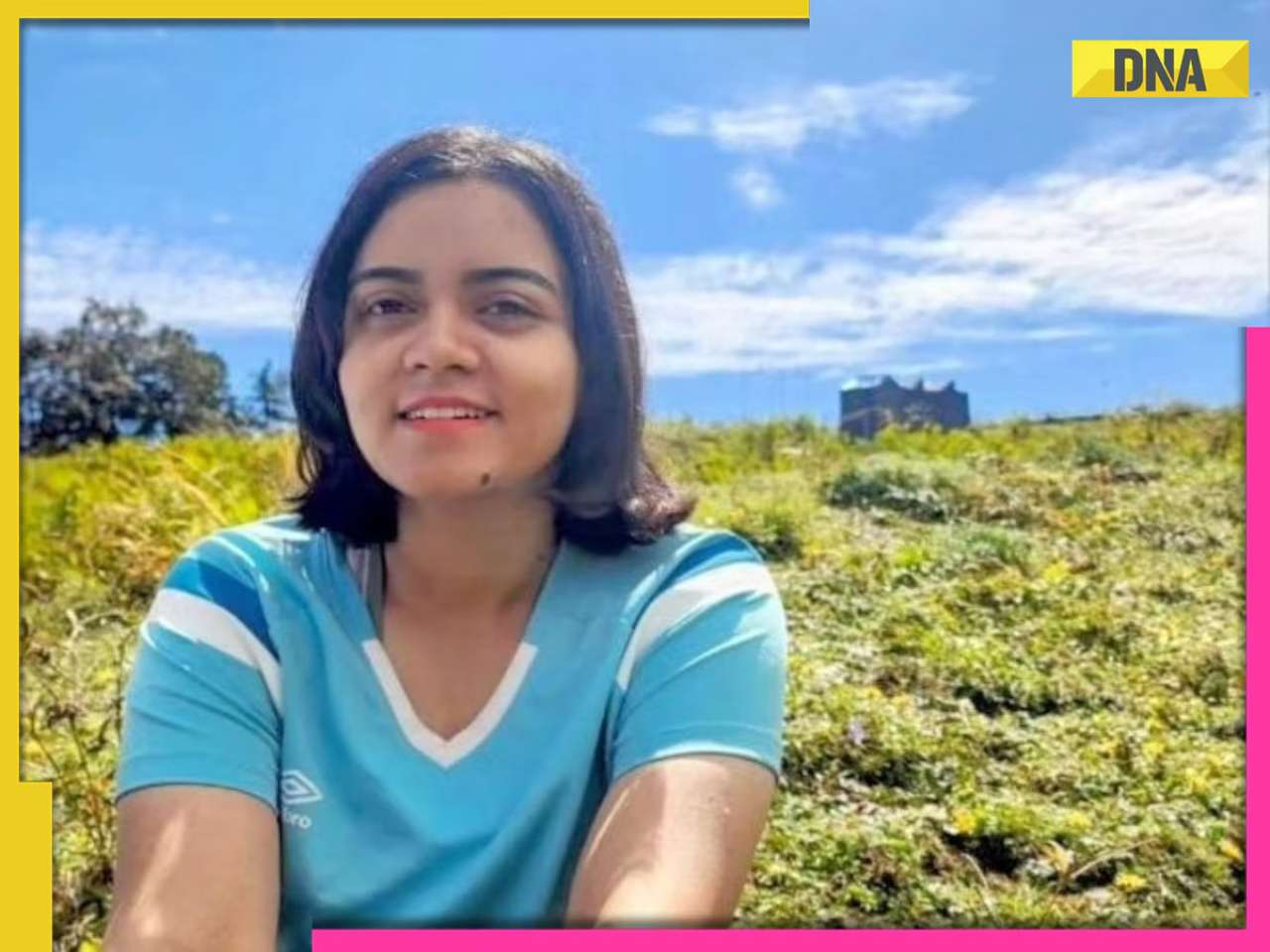
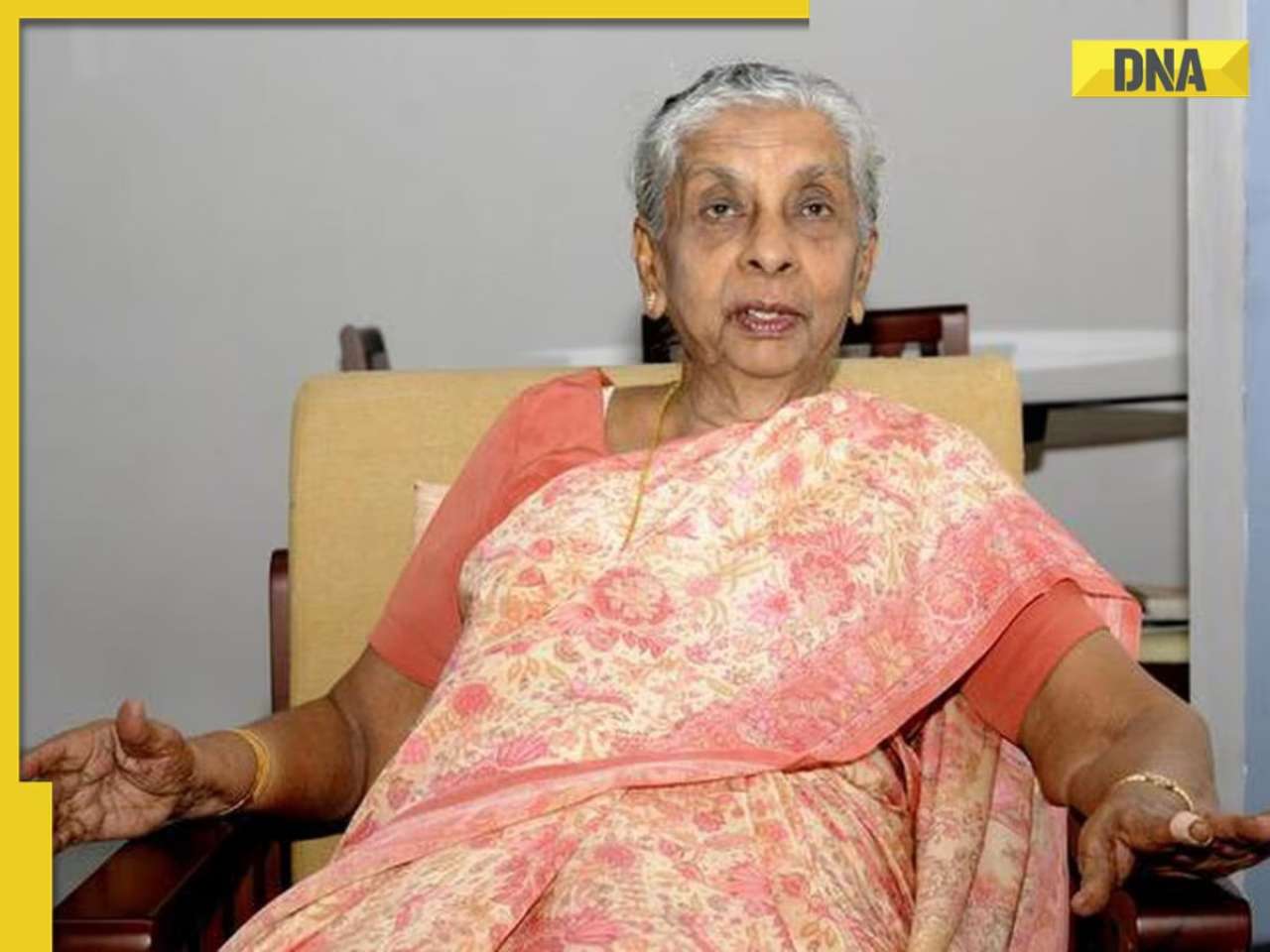
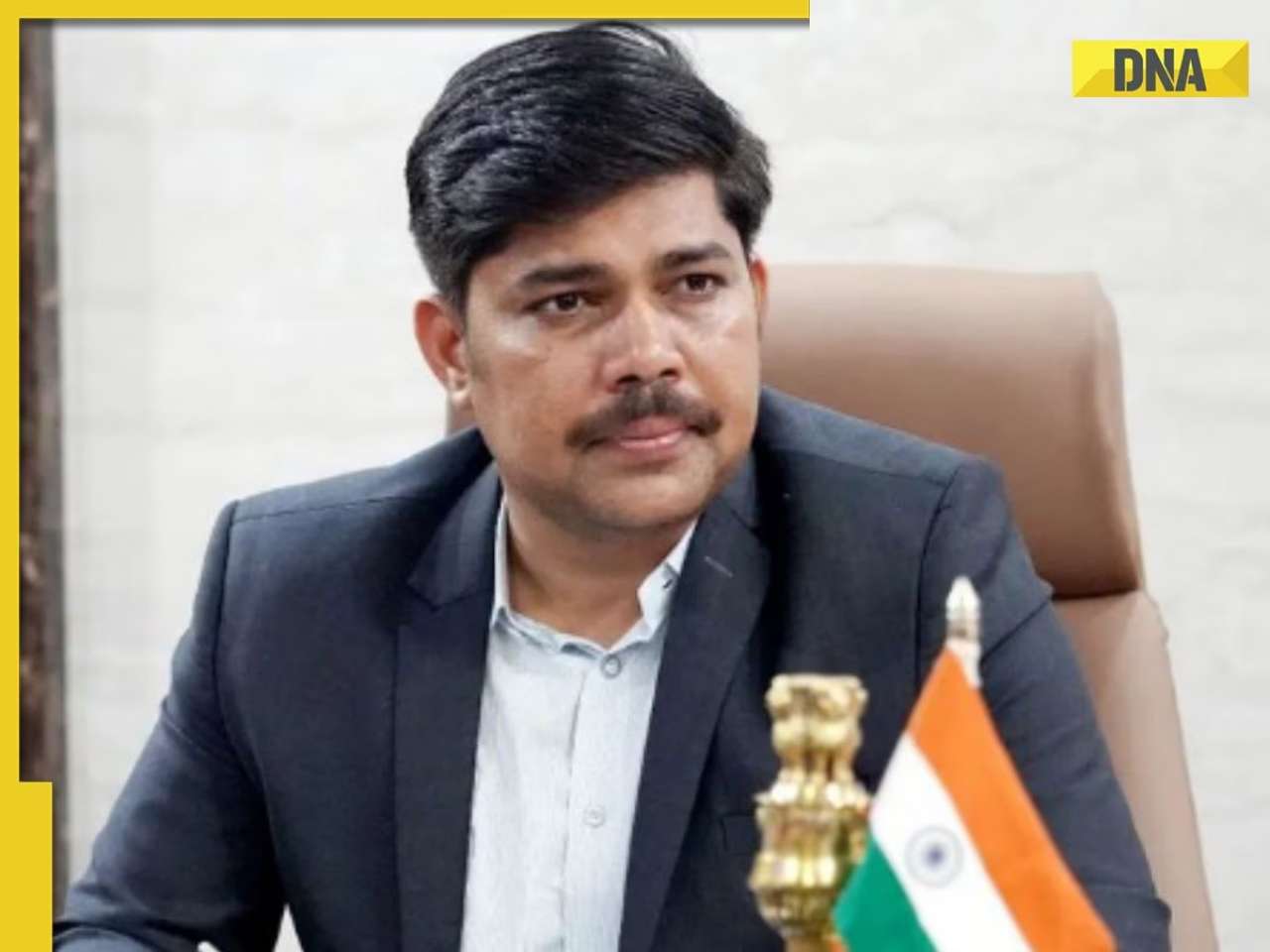

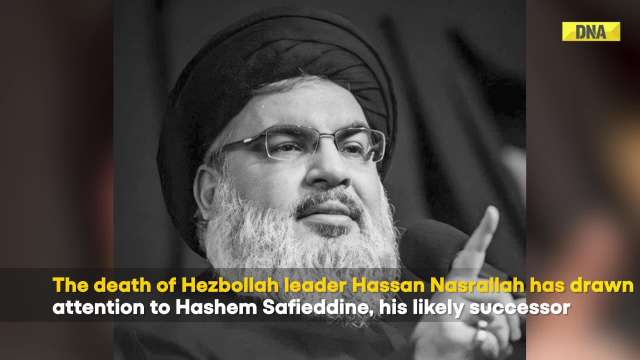
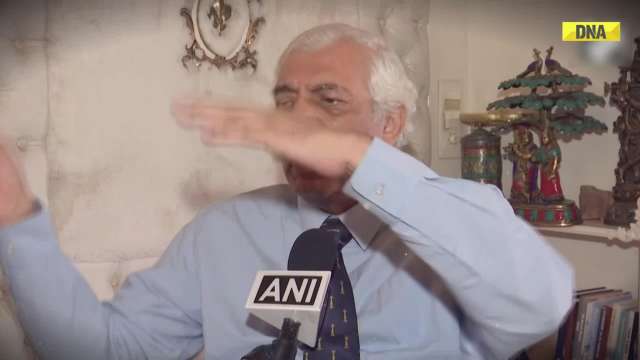


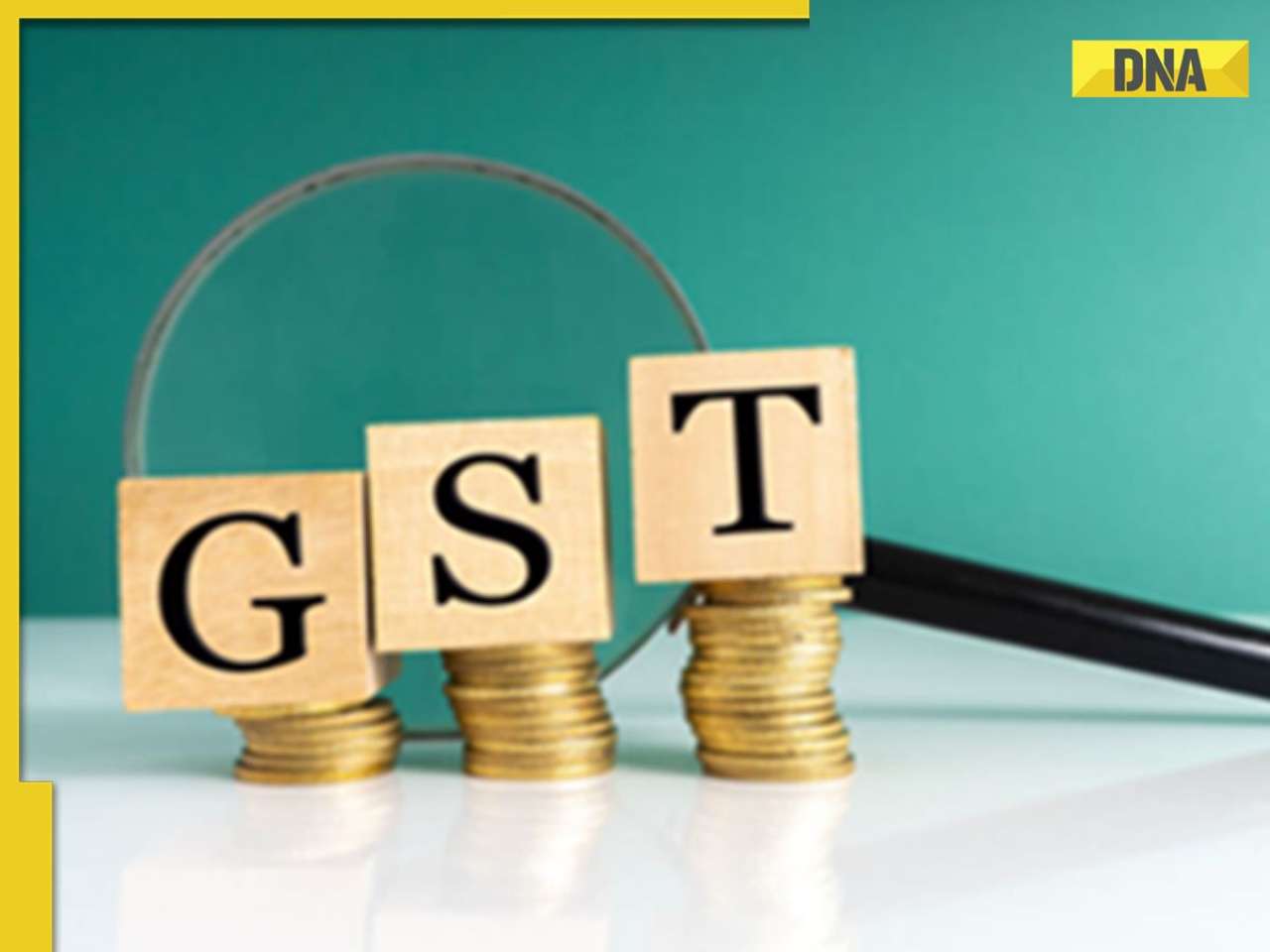
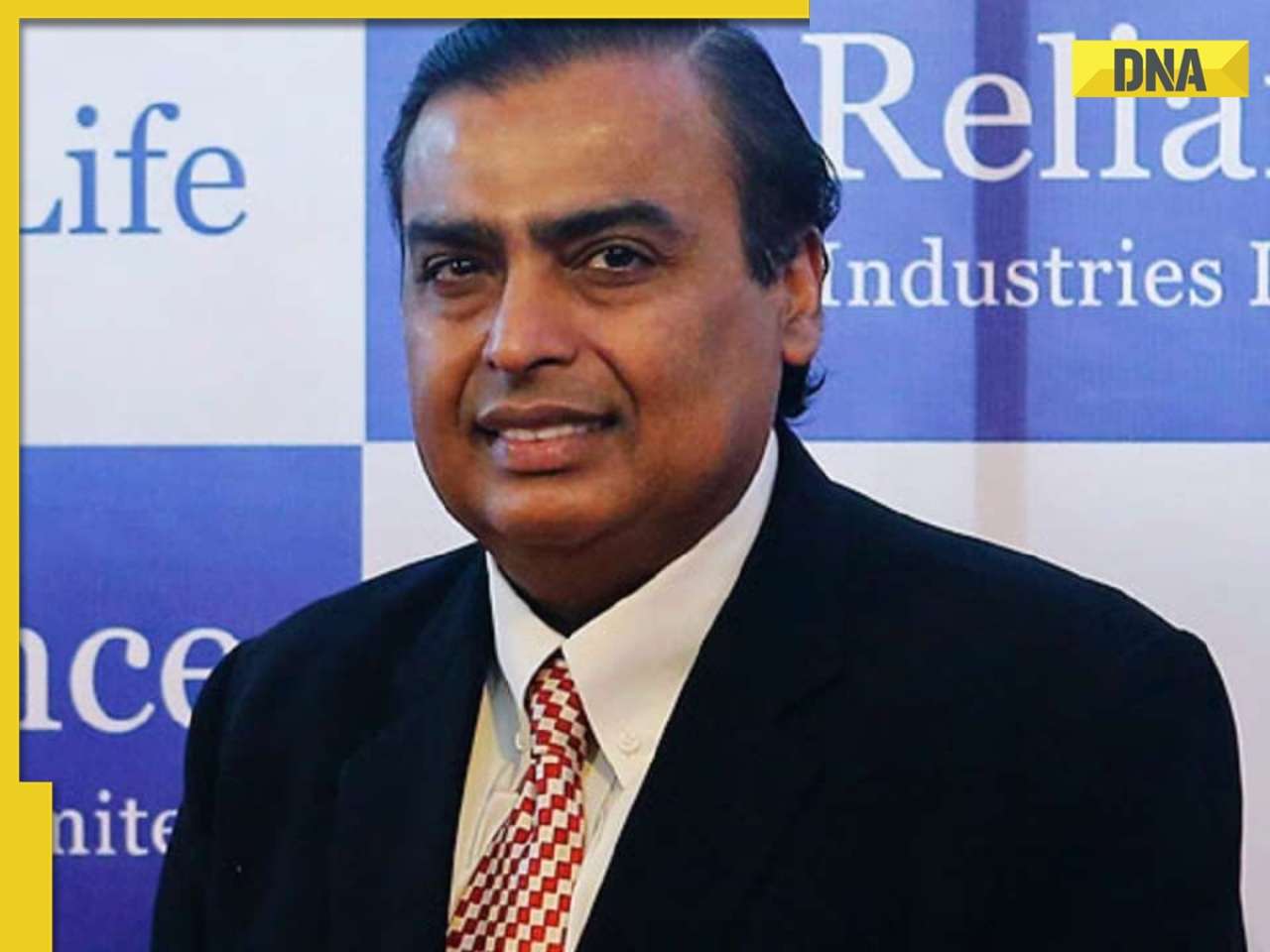
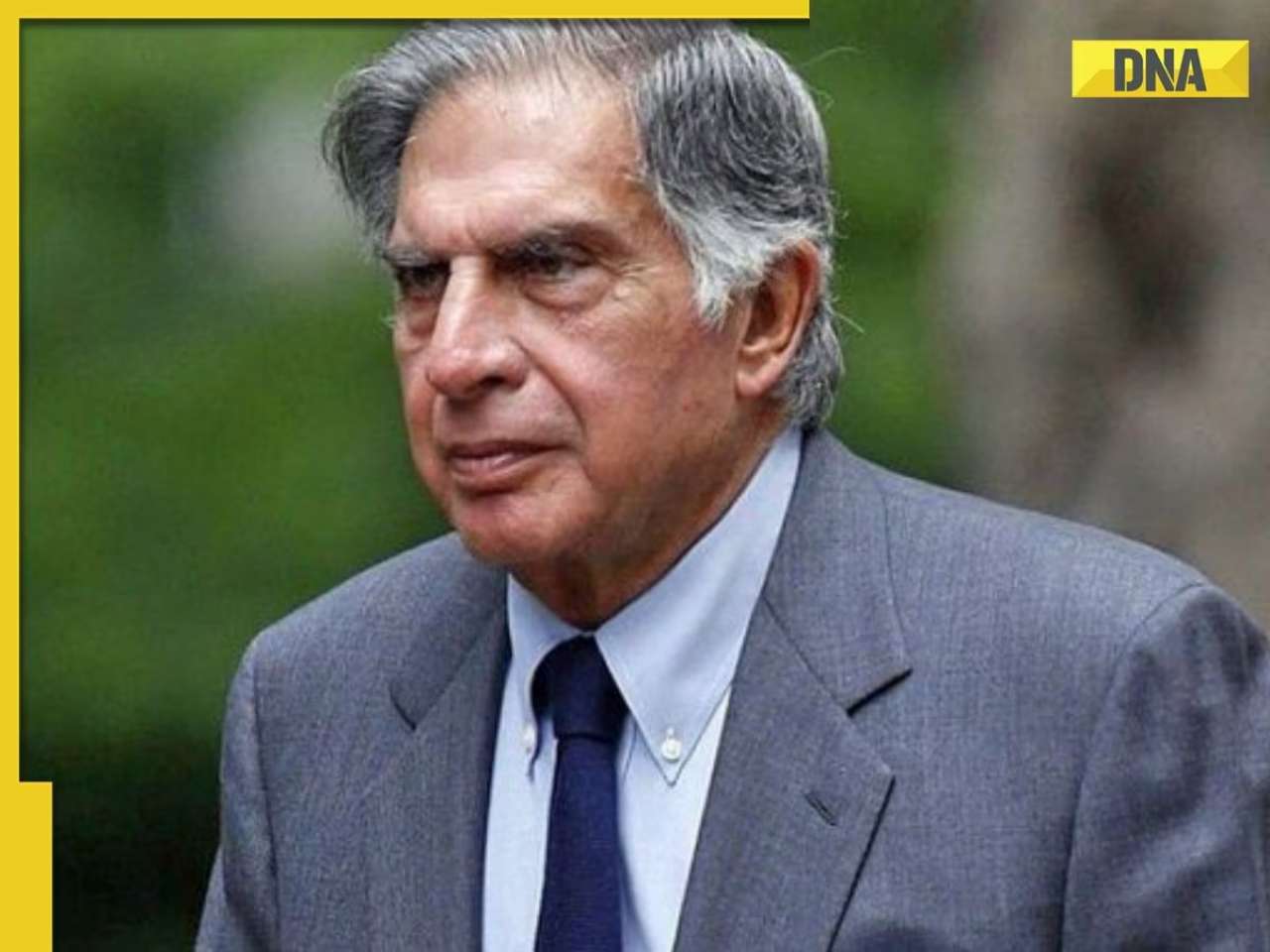
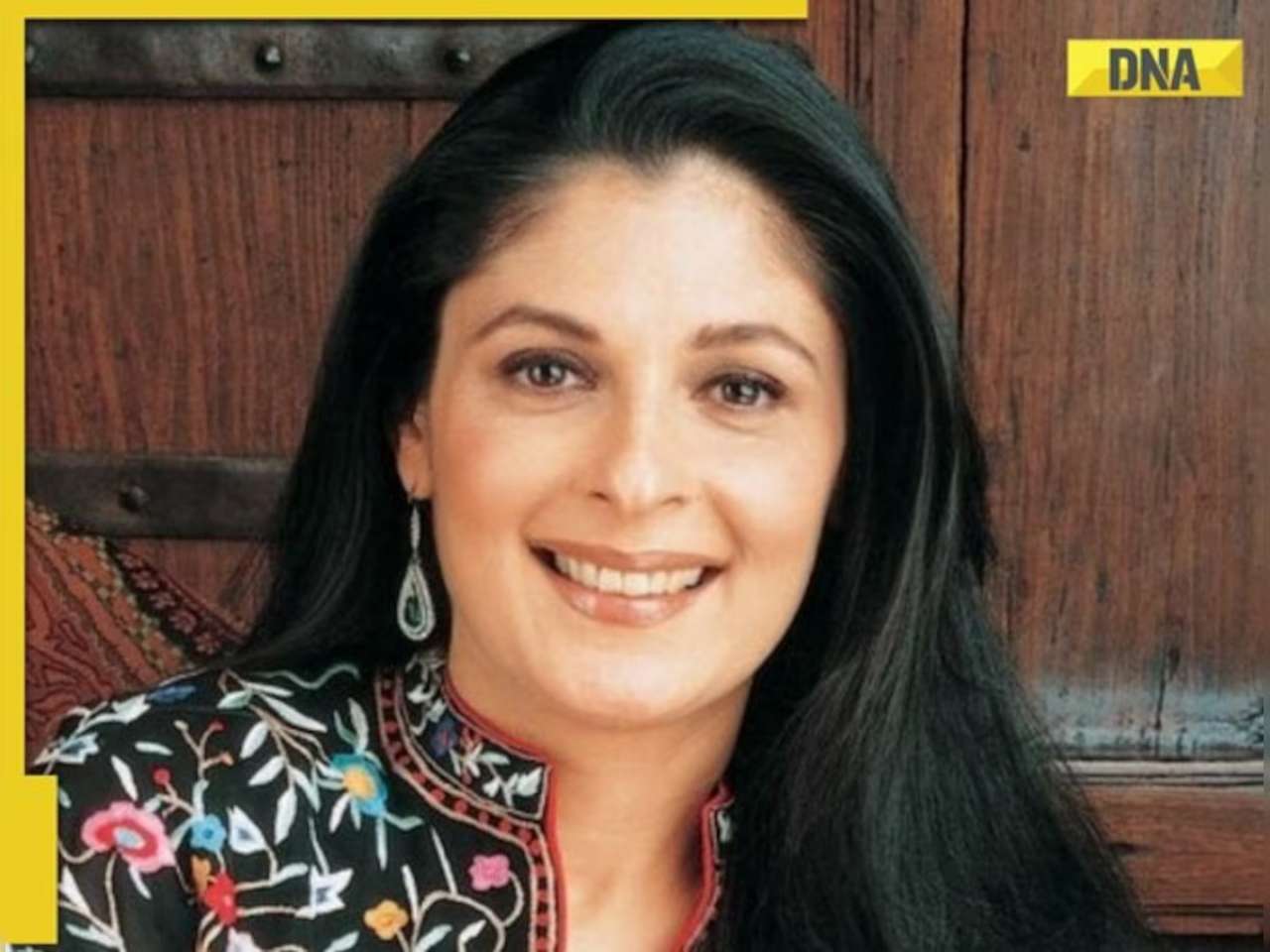
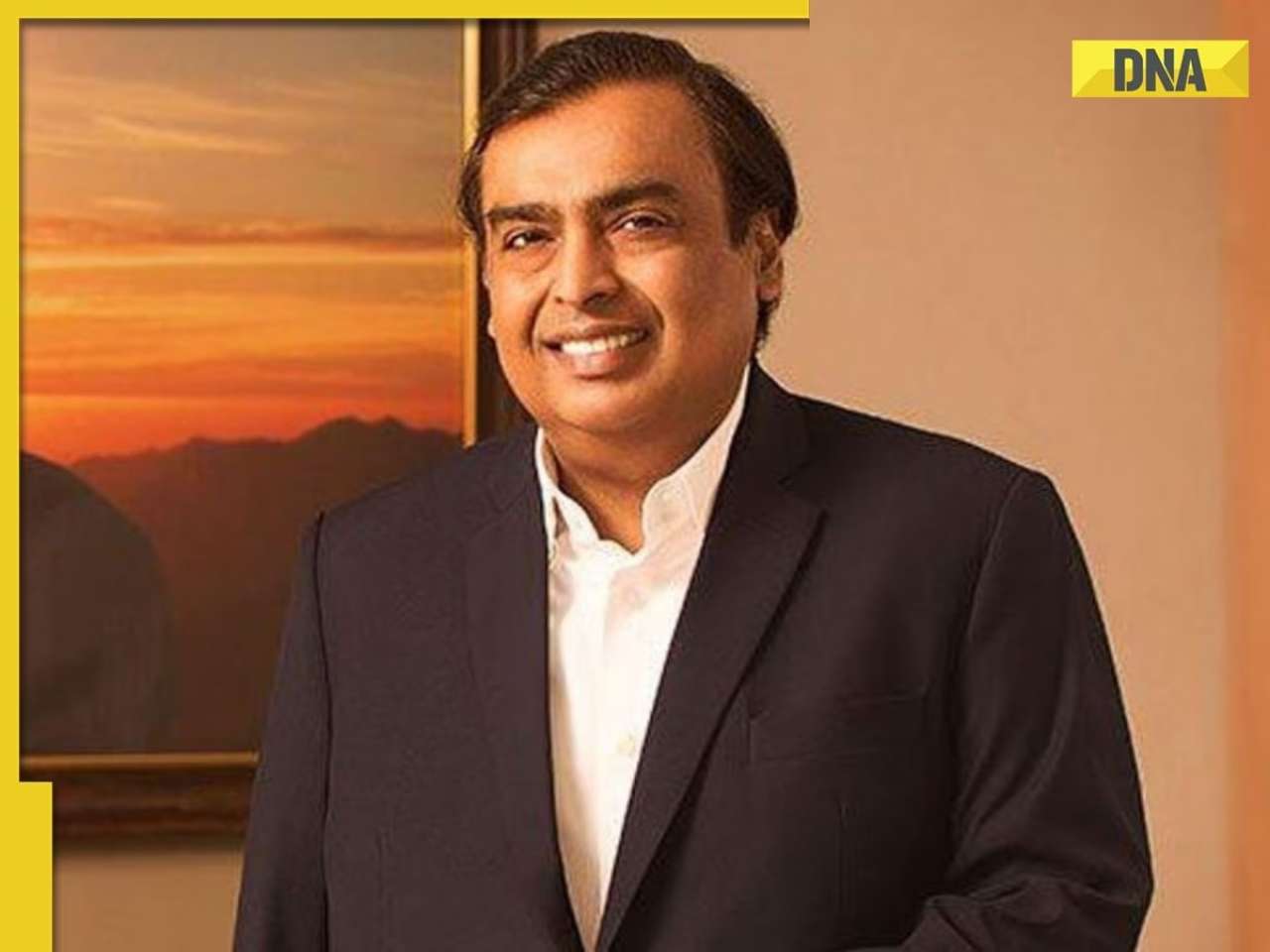





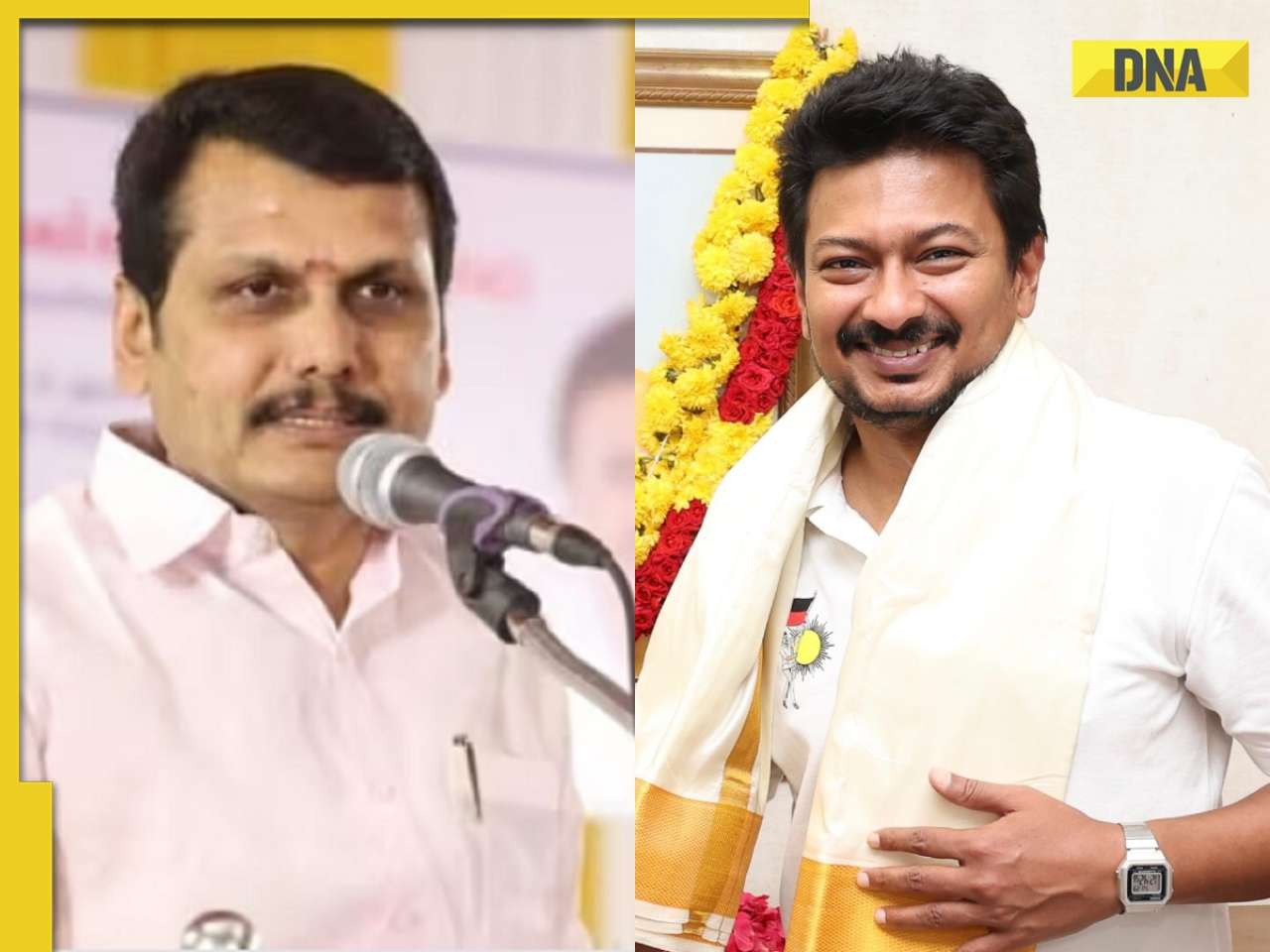
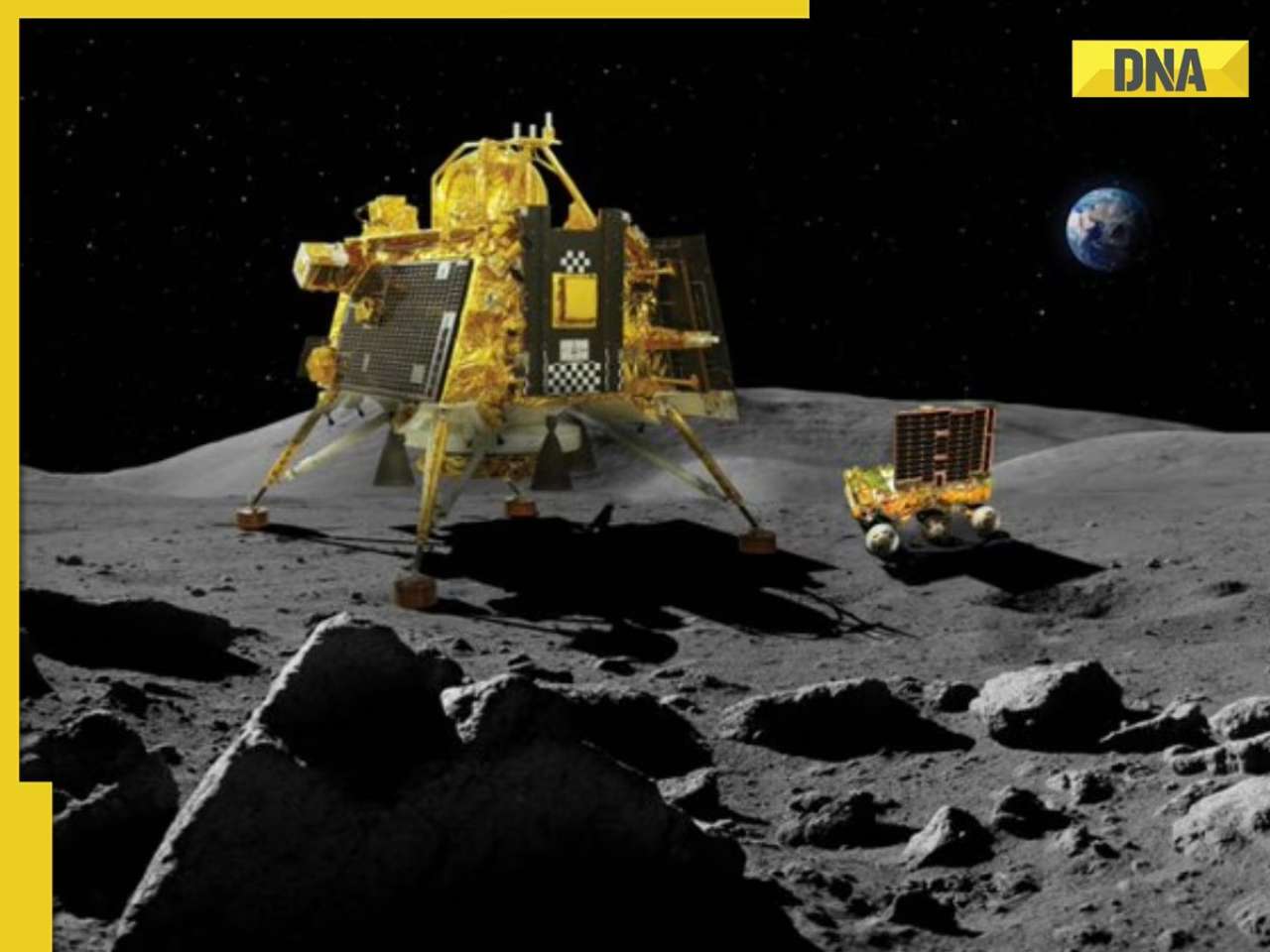
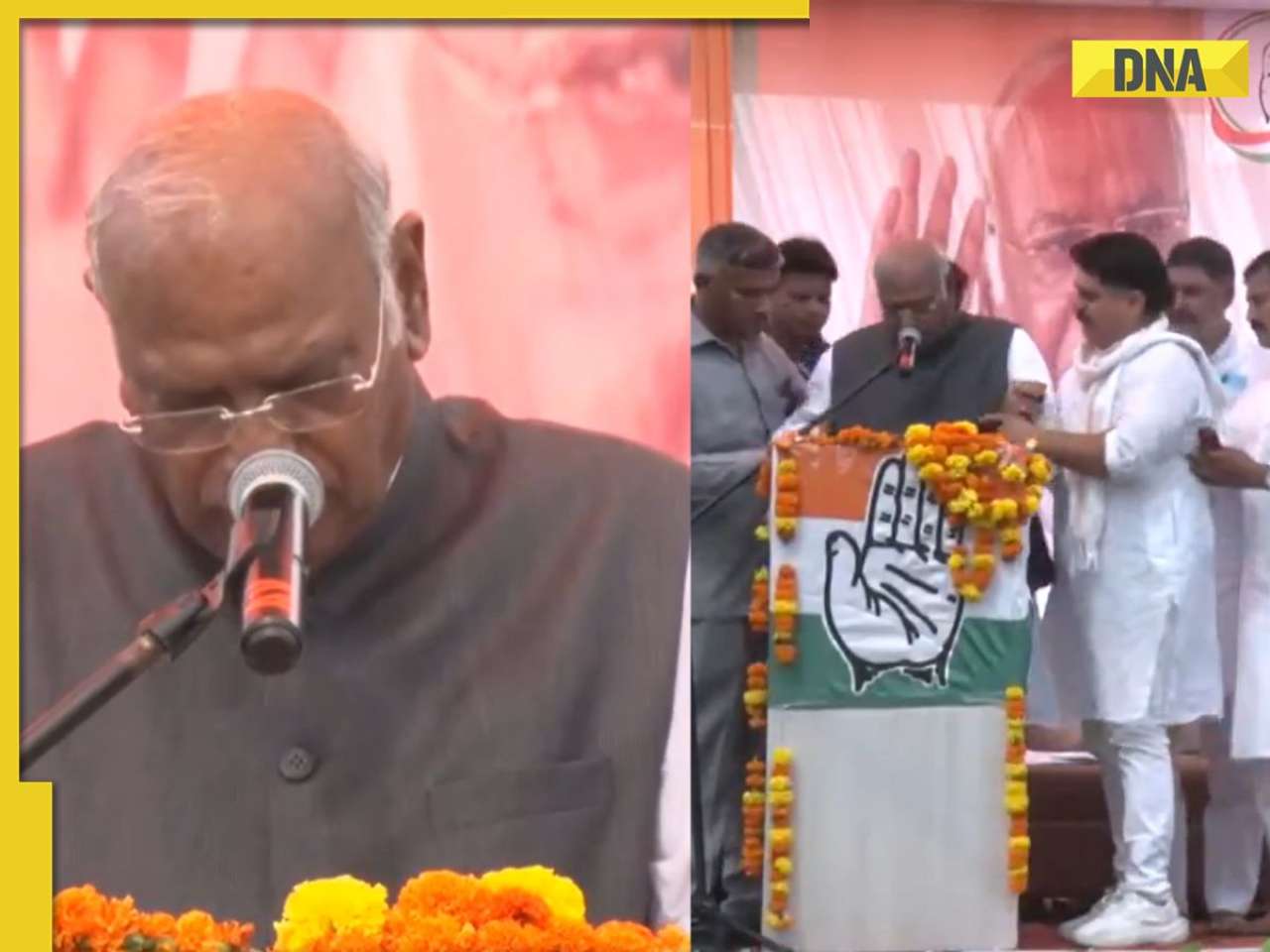
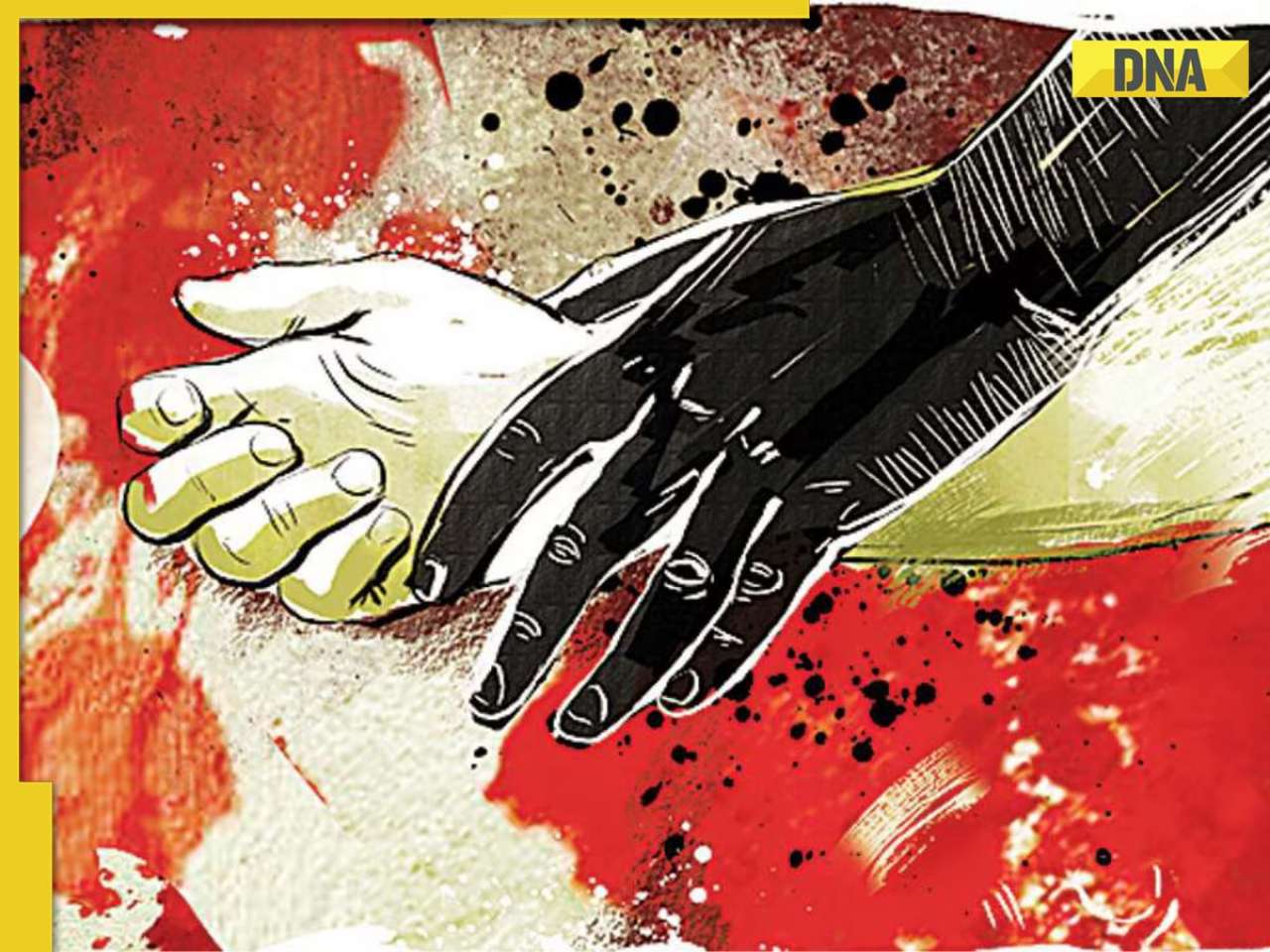

)
)
)
)
)
)
)
)
)
)
)
)
)
)
)





)
)
)
)
)
)